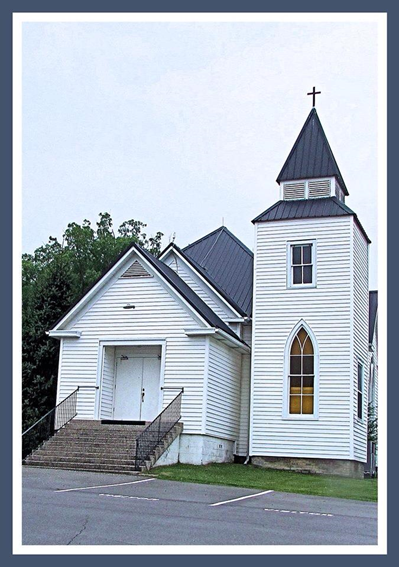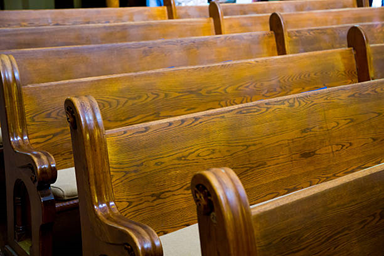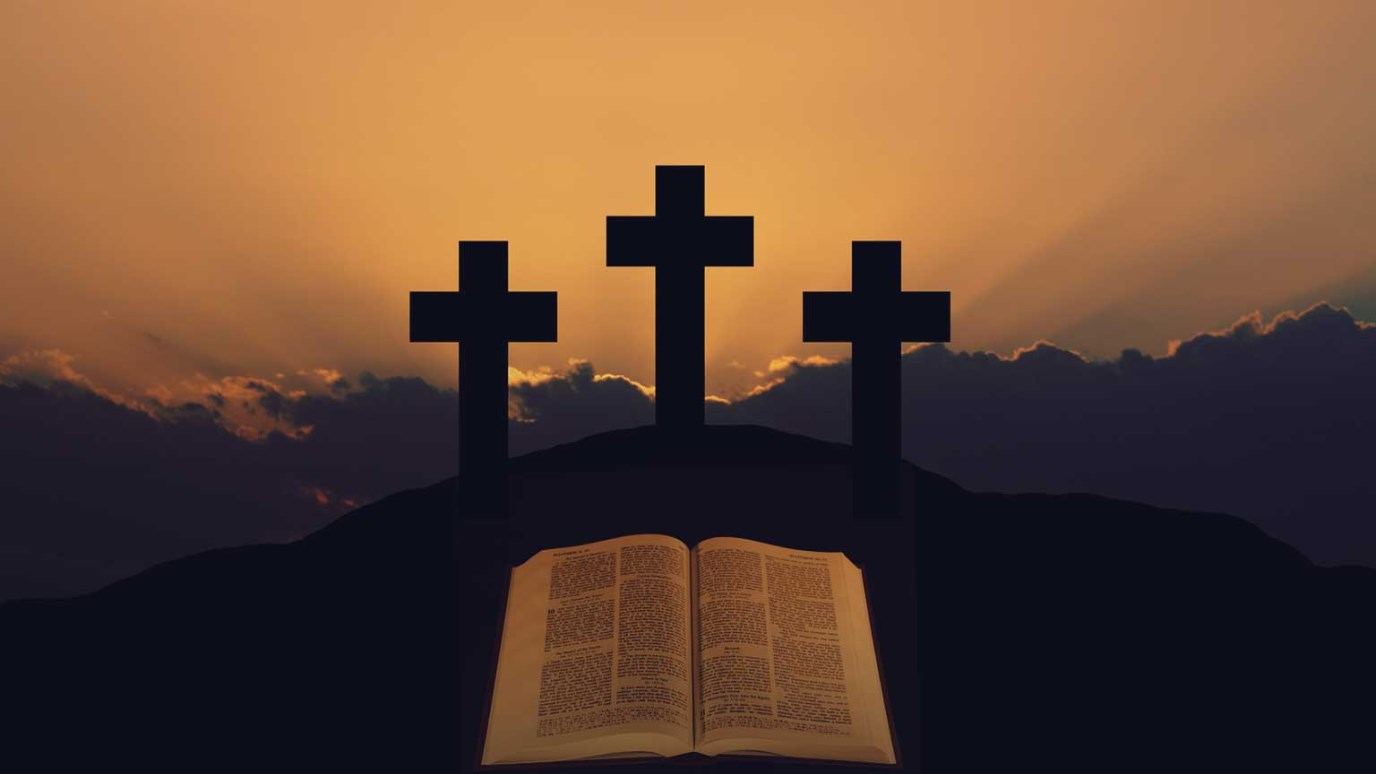Legacy
Leaving a Legacy:
What
My Father Taught Me Through His Death
The line of people stretched almost completely around the small, quaint country church that hot evening in June. By the end of that night, close to a thousand individuals would walk through the wooden double doors of Fairview Baptist Church in rural Greene County, Tennessee. They filed down the side aisle lined with stained glass windows, waiting patiently to shake my hand, give me a hug, whisper small condolences or share a memory. Slowly, they made their way across the front of the church to offer similar comforts to my husband, eleven siblings, brothers-in-law, and grandmother. After passing the casket and spray after spray of beautiful flowers, the majority of these kind folk found a seat in the hard, wooden pews (some chose to stand in the back and foyer) and waited for the line to end, so that the memorial service could begin. It started over an hour later than scheduled, to allow for the unexpectedly large number of family and friends from all over the United States who wished to pay their respects to an individual that had made such an impact in his world.
The
events of the previous week are somewhat of a blur. I do recall the phone call. The emergency department of Bristol Regional
Medical Center was humming at a good clip that night of June 15, 2012, and I
was engrossed in my task as triage nurse of clearing out the waiting room. The
receptionist’s voice alerted me to the fact that something wasn’t right, “Heather,
I have your sister on the line. If you need anything, I’m right here.”
Puzzled,
I answered the other line,
curious as to which of my seven sisters would call me on the work phone during
the night, bypassing my cell phone. My mind knew that this signaled a family
emergency, most likely. My heart began to pound, and I did my best to maintain
a normal and business-like composure as I had a patient in the chair across
from me. It was Hope’s voice I heard, breaking
in tears as she said, “There’s been an accident. Daddy… he didn’t make it.”
The shock of this news literally took my
breath away. Gasping for air, I was
conscious of the patient and family who were half-way through the triage
process, staring at me across the desk.
I remember quickly telling my sister that I would be there as soon as
possible. Excusing myself and trying to
assure the patient that someone would be right there to complete the assessment,
I stumbled toward the nurses’ station. My
face must have told my coworkers that something was wrong, because I had only
made it a few feet when another nurse and a doctor asked me, “Heather, what is
wrong?”
I almost collapsed as I grabbed the desk and
cried, “My dad has just been killed. A car accident….”
It seemed like an eternity before my husband arrived. In reality, it was probably about an hour. My caring coworkers would not allow me to leave work alone. Dr. Gerlock, department head that night, woke my husband, Sam. Sam loaded our three young children and took them to his mother’s house before arriving at the hospital to pick me up. He knew even less than I did and was also shaken by this news.
Together,
we drove over an hour down the long I-81 corridor from Bristol to exit 23. Leaving behind the four-lane, we drove another
fifteen minutes down the dark, winding, country roads to the heart of Greene
County, where I was raised. We arrived at my sister Hannah’s home, which would
serve as a sort of central headquarters for me and my eleven siblings for the
next week. Her home is large and close
to my dad’s home, so it was the natural gathering place for us. There I heard
the rest of the story.
My father’s car had been hit head-on by a
drunk driver. Dad was coming home from
his usual Friday errands in Morristown. It
was late in the afternoon on his only day off of the week. (Dad had two jobs at the time. One as a
surveyor for Azimuth Engineering in Greeneville and the other at the Walmart
Distribution Center in Mosheim.) From the library books found in his totaled
car, we know that day it included a stop at the library where he apparently had
decided to learn Russian. Dad was always
studying something new.
I learned
from what the police had told my teenage sister, Hilary, that the repeat
offender drunk driver was driving the wrong way up a four-lane divided
highway. A family in a minivan was
directly in front of my dad and swerved to avoid the oncoming car. My dad likely never saw the errant vehicle and
was likely killed almost instantly. That
was a blessing. He never would have wanted to suffer. Living a healthy lifestyle was something Dad
took seriously to avoid illness and pain. He was only half joking when he told
us he expected to live to be one hundred twenty years old. At the same time, given the choice, Dad would
have chosen to take that hit rather than watch a family with young children
suffer such a traumatic event. Having taken
these attributes of our dad for granted just hours before, my siblings and I
suddenly had a crash course on who and what kind of man our father was.
There was
no sleep for those of us at Hannah’s home that night. The vigil included talking
to the emergency room in Morristown where my father’s body had been taken and
waiting for the rest of my siblings to arrive.
One sister was on a beach vacation with her husband and the three
youngest siblings were on a teen mission-trip to Central America at the
time. Still other siblings lived out of
state. Miraculously, all twelve of us were together by the end of the next day.
We found our biggest comfort in each other as we faced this new and unexpected reality
of becoming orphans together.
The visitation and memorial service took place four days later: Tuesday, June 19th, beginning at five pm. When I was finally able to sit down after the visitation - my back and feet aching, my head pounding, and eyes puffy from tears –I was in awe that so many people had taken the time to come out on a weeknight to honor this humble man that I knew as “Dad.” What I and my siblings did not fully realize before we heard from the multitude of friends and family who attended that night was the magnitude of the impact my father left on those he had come in contact with throughout his life. Tribute after tribute was made by those who walked through that long line of the kindness, hard work, humility, and living testimony of my father’s life.
The
service was more of a celebration of my father’s life than a funeral. He would have wanted it that way. Officiated by my dad’s identical twin
brother, Bob, memories were shared – both humorous and touching- from a sibling
perspective. My husband and
brothers-in-law read a tribute that was written by the twelve of us. Through a
mixture of serious and comical vignettes, we attempted to share glimpses of
what it was like to be raised by a man like Bill Vradenburgh. Remembering his tender care for our mother
before she passed away eight years prior from breast-cancer was important for
us to publicly acknowledge in the tribute.
My father loved to sing “How Great the Father’s Love for Us” and the
recording of him singing it at my sister, Heidi’s, wedding less than a year
earlier was played. My dad loved the
Psalms of the Bible and had put five of them to music. Dad’s brother, Barry and
his children sang Dad’s Psalm 1 beautifully. Friends and neighbors from many miles around
contributed to the service. All of these varied remembrances were like ointment
on a wound to those of us left reeling from his sudden passing. They didn’t take away the pain, but they
eased some of the dagger-like sharpness of it.
Working
two, sometimes three jobs to support our large family was typical for my
father. Mom rarely trusted him with much
cash because he would give it all away.
He was a teacher, a preacher, a musician, a runner, a gardener, a
philosopher, and much more. More
importantly, he never failed in making his roles as husband, father, grandfather,
son, and brother his priorities. His work ethic and willingness to serve his
church and community were unmatched. He
was a visionary and a wordsmith. All of
these memories and more were remembered and shared in this time of tribute.
Throughout
the visitation and the service, we were reminded frequently of something my
father was known to say. When asked why
he and my mother chose to have so many children, he would answer, “My children
are the only thing I can take to heaven with me.”
My father was a
man of faith and action, and this dictated the way he lived. My parents relied
on faith and hard work to raise twelve children. They were pioneers in the homeschooling
movement, starting as far back as the eighties. Dad’s dedication to his family, his work, and
his community created lasting influence. Together, my siblings and I began to see the
importance of legacy as we listened to the testimonies of my father’s impact on
the world. We even came to see that we
were a large part of hislegacy. It was now up
to us to carry on that legacy.
 |
| My Parent's Headstone, Warrensburg Cemetery |
Ironically,
my father’s passing was right before Father’s Day. Dad was honored much differently than we
anticipated that year. In some ways, he
was honored far greater than if he had been with us. Our minds were blown by
the vast number of people whose lives were touched by my father. Former students, coworkers, neighbors,
friends, and extended family lined that church to show respect to a man that
was taken from this world so suddenly. They were touched enough by him to make
his visitation and memorial service a priority on a hot, June night in the
middle of the week. Close to one thousand individuals were impacted by him
enough to travel well off the beaten path to a little country church in Greene
County, Tennessee and stand in line for hours.
He would have said he was humbled and honored to be the recipient of
that level of tribute.
I learned an important lesson that night as I shook hands, hugged, cried, and listened to my father’s memorial service. This lesson was perhaps the greatest lesson my father ever taught me – and he taught many! Our words. Our actions. All aspects of our lives are impacting those around us, even when we don’t even realize it. The exact amount of time each of us has left on this earth is not known. What is certain is that each of us is leaving an imprint in the hearts and minds of each life we encounter, for better or for worse. We are all leaving a legacy. The question is, what sort of legacy are we leaving?
💓Heather Sparks💓
(originally a paper submitted for completion of ENGL 3130, East Tennessee State University, 9/22)






Comments
Post a Comment